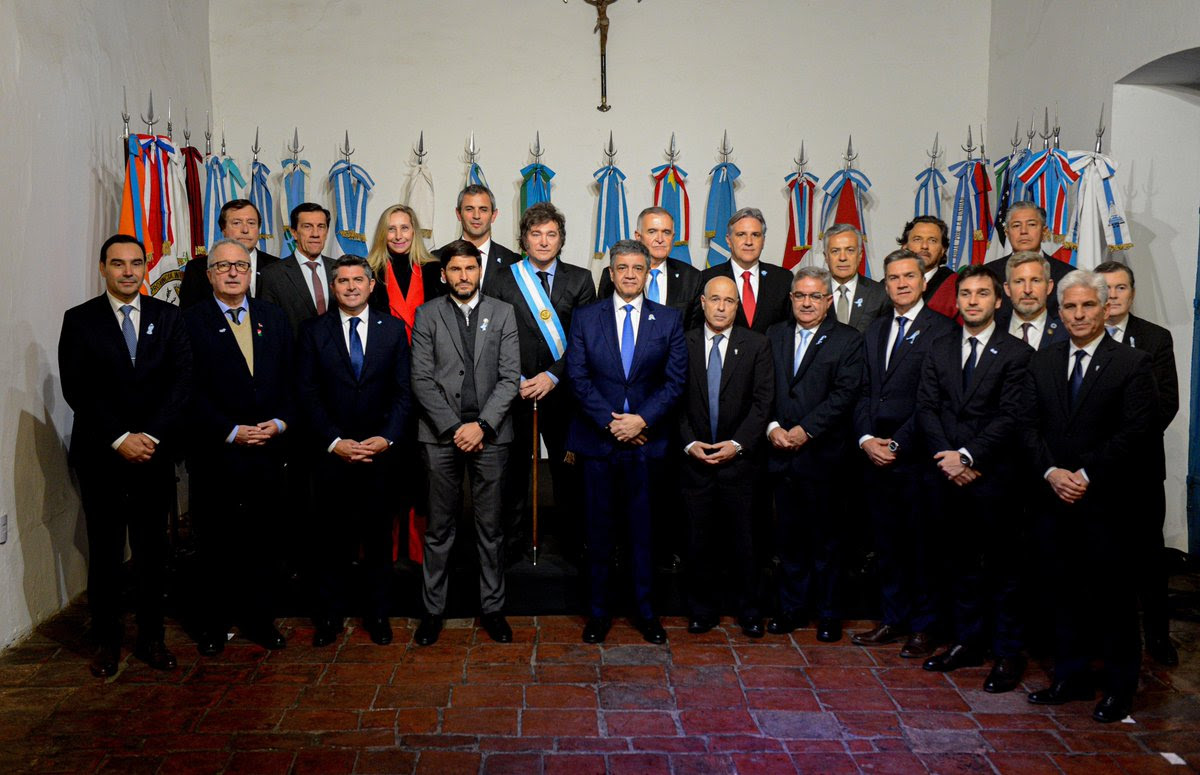
Traditional politics versus Milei: fighting the right by becoming right-wing. Editorial from “El Círculo Rojo”, a program on La Izquierda Diario that is broadcast every Thursday from 10 pm to 12 am on Radio Con Vos 89.9.
Margaret Thatcher / Carlos Menem / Fernando Rosso / Meritocracy / Javier Milei
Source: www.laizquierdadiario.com

